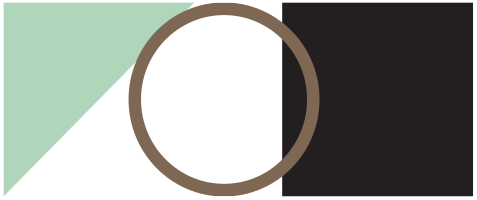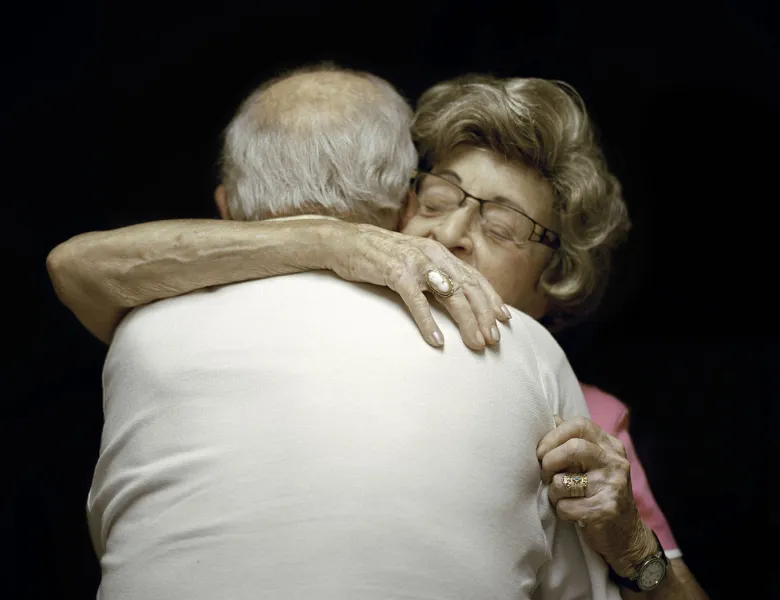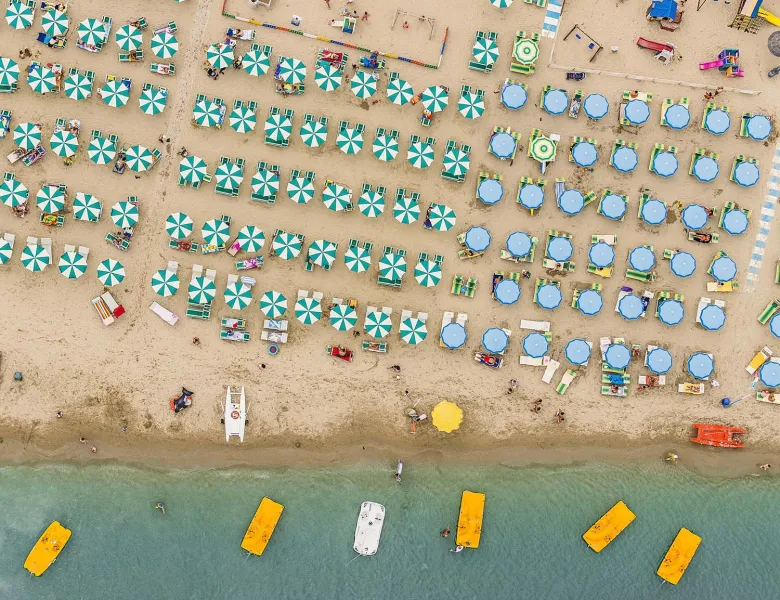Amazing landscapes captured in timeless black and white
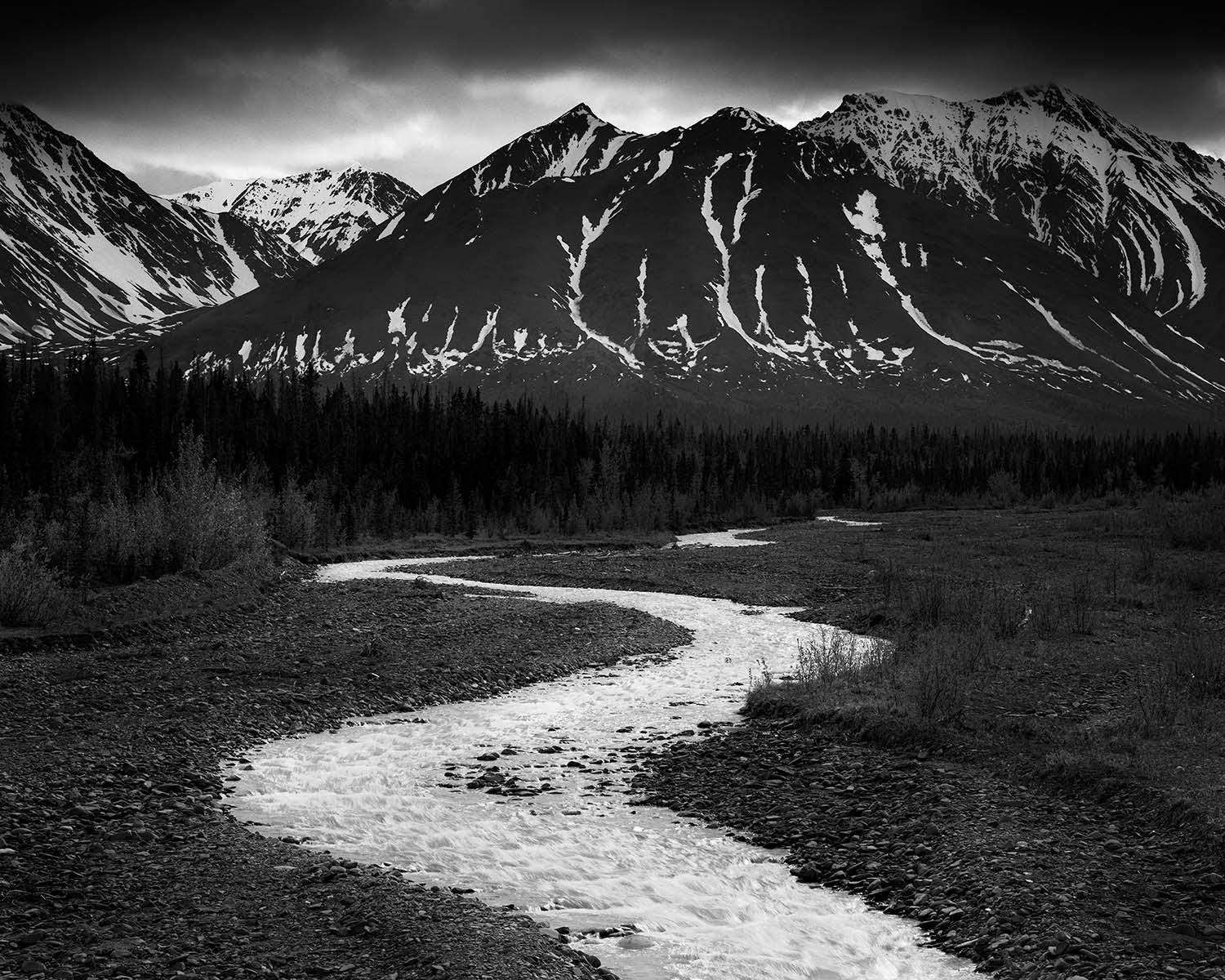
Olivier Du Tré is a fine art photographer based out of Calgary, Alberta. After graduating as a graphic designer in 1998, Du Tré found his passion after enrolling in a three-year photography program at KISP in Ghent, Belgium. During this time, Olivier immersed himself in film cameras, darkroom printing techniques and black and white photography, all of which continue to play a role in his work today.
He is a member of PhotoShelter, the leader in portfolio websites, photo sales, marketing and archiving tools for photographers.
Hi Oliver. Tell us a little about you and your photography
My name is Olivier Du Tre and I am a photographer from Alberta, Canada. I was born in Belgium but emigrated to Canada in 2009. Since 2014 I have been a Canadian Citizen.
I am a graphic designer and a black and white, large format landscape photographer. That’s what I do. That’s who I am. I love being out by myself and deep in my own thoughts. I guess landscape photography is the logical choice for doing that in the place where I live now.
I love photographing the overlooked, mundane scenes around my home in Calgary, Alberta. I am attracted to ‘structure’ and ‘design’. I love photographing ‘the hand of man’ on the Prairies for example.
I never really go very far for my photography. I stick within a 100km radius for most of my work. And if I don’t get ‘the shot’ then I don’t get it. I don’t have to come back with something. But I need to be in the right mindset to photograph though. If I am not, then I don’t even bother. Because I know from experience, I won’t see anything noteworthy.
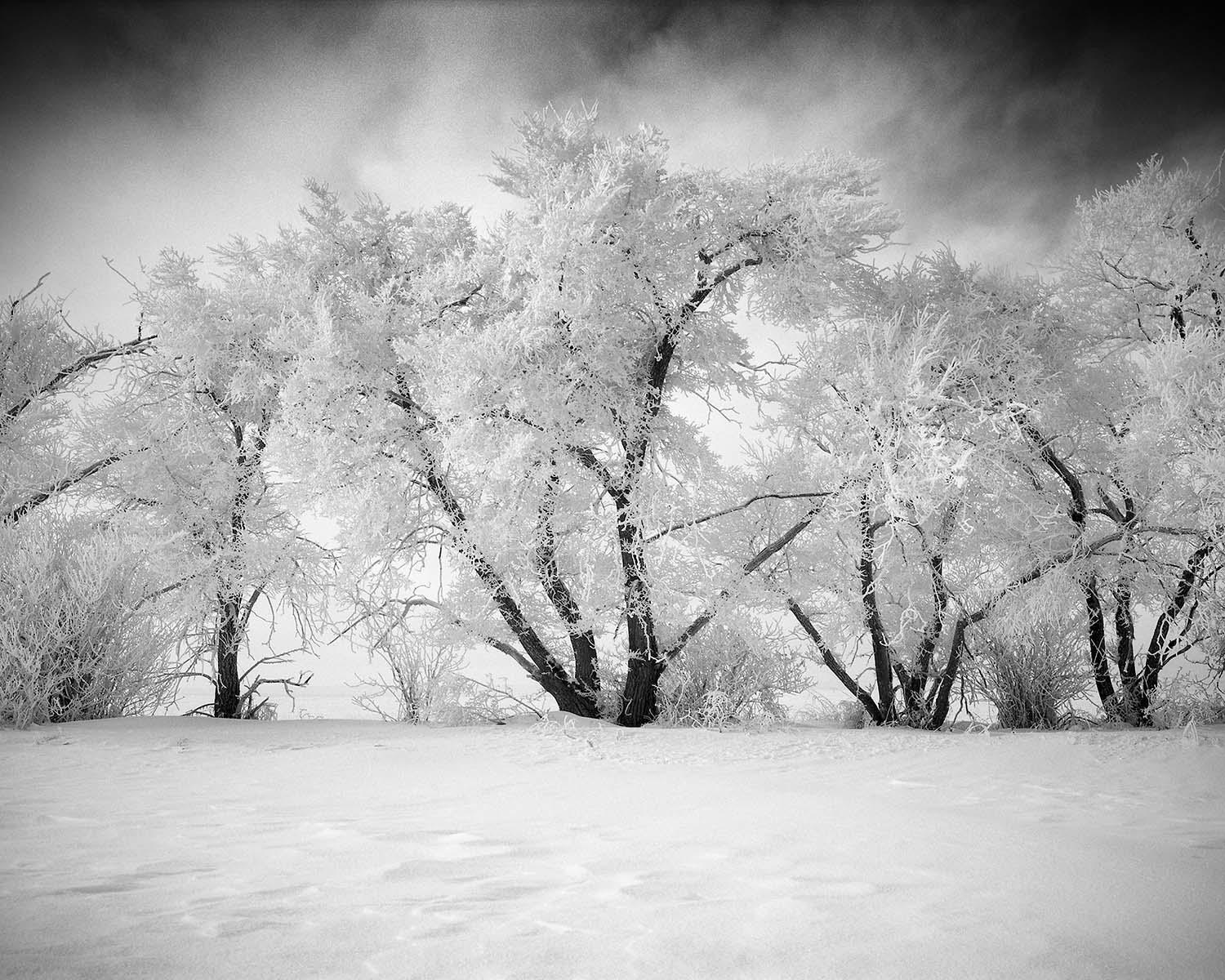
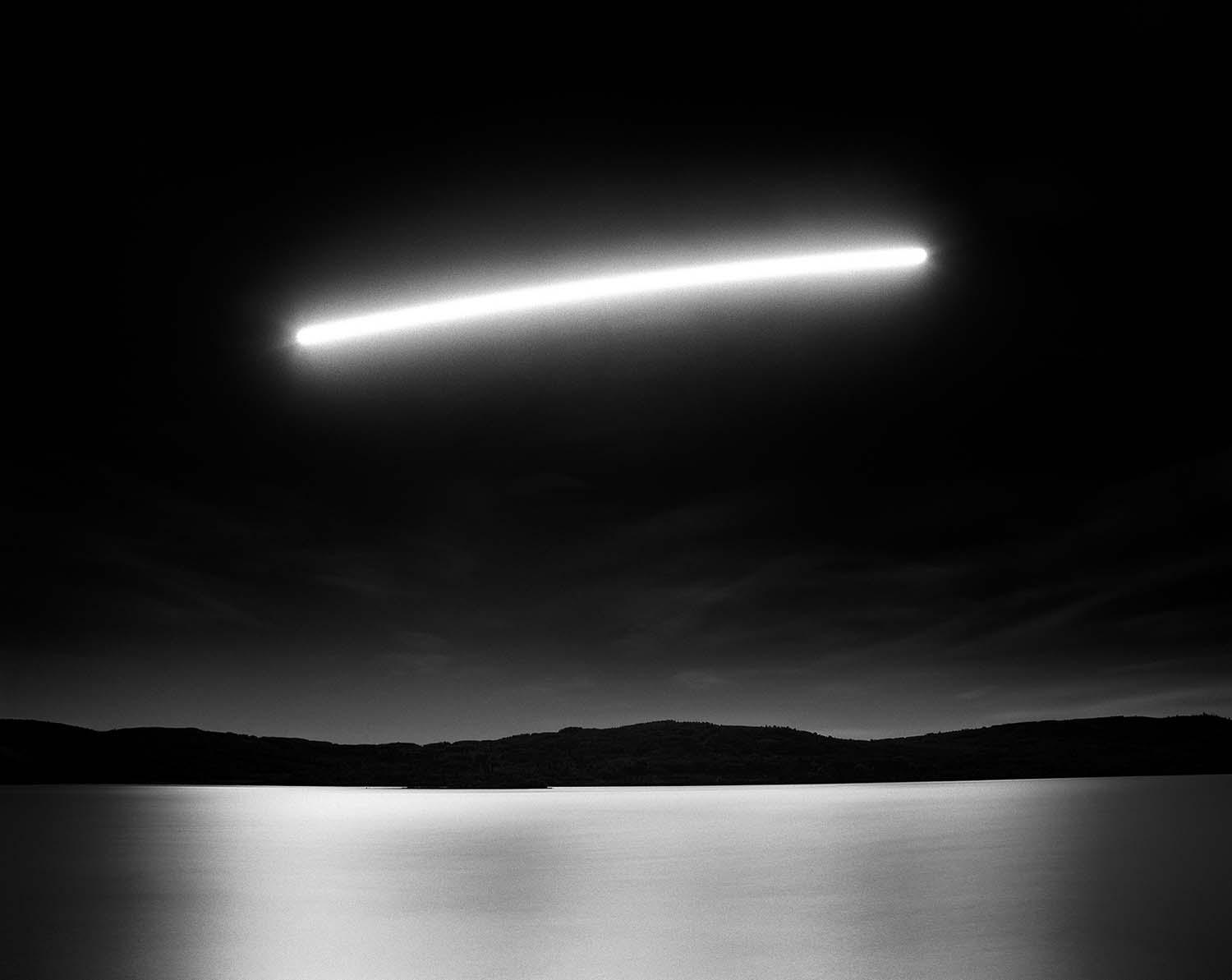
Why photography? What does the medium mean to you?
Because I suck at painting? No seriously it is true. I can’t paint.
I credit the reason why I am a photographer today to my dad. As a kid, I remember him on our vacations mostly with his Leica M3 around his neck. As a little boy, he explained to me how I had to focus, meter light, rewind and change film etc. etc. At one point, he also showed me how to print photographs. He had built a temporary darkroom in our basement and we printed about a dozen or so photographs of the night sky we took weeks before in Switzerland.
After I graduated as a graphic designer I fell in a bit of a creative hole. That’s when I decided I wanted to try out photography. Because my dad did it and... why not. I started a 3-year vocational photography course on ‘black and white darkroom and archival processing techniques’. That’s when I understood, this is it. It has been quite the journey. But since I moved to Canada 8 1/2 years ago, that’s when I started to become really serious about it.
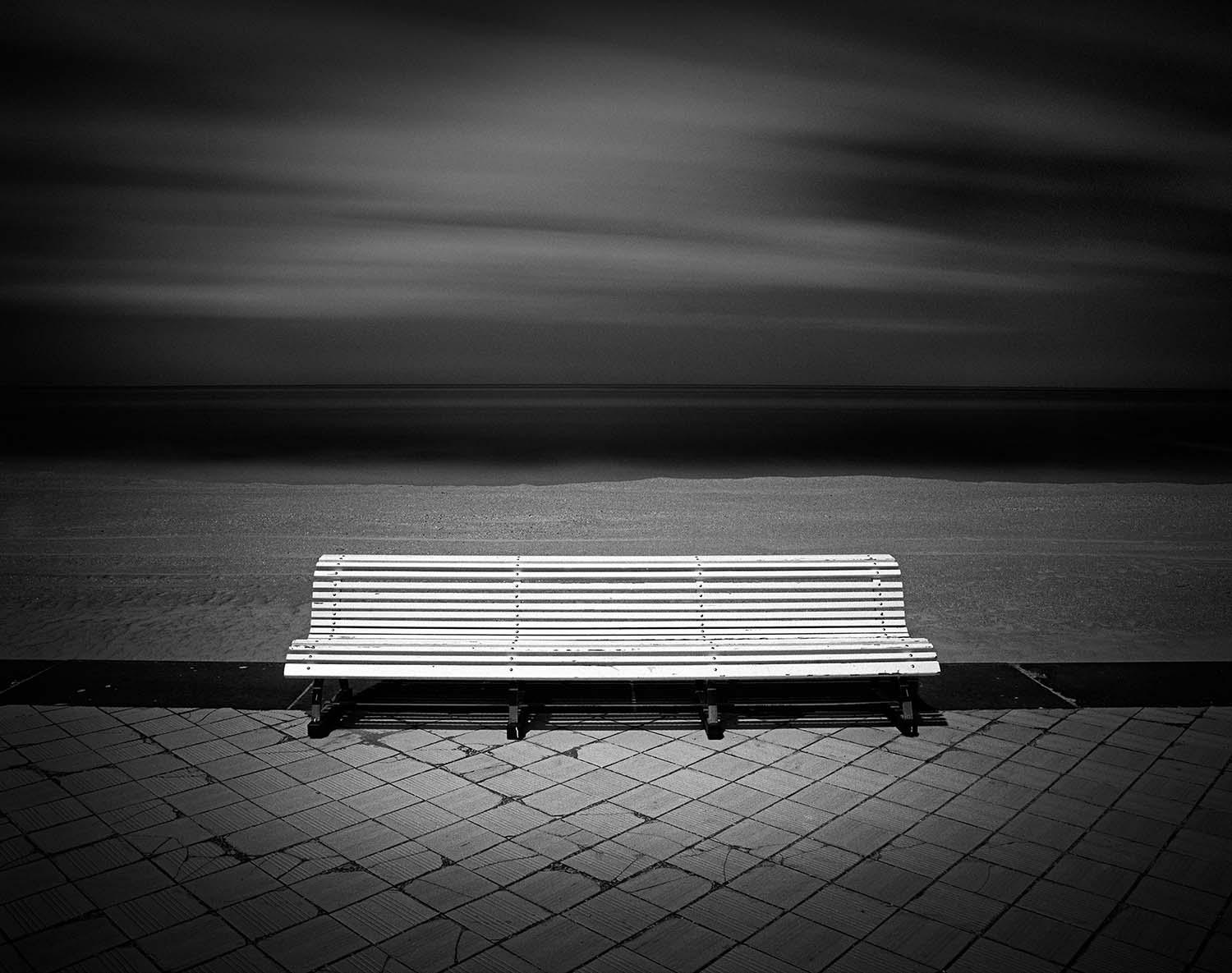
Why black and white? Have you experimented with colour?
For me black & white photography – if done well – is timeless. And really can transcend time. In fifty years’ time, I can guarantee you, people will still think about black and white photography as ‘classic’.
Personally, I feel it’s a lot easier for me to translate what I feel into a black & white print than in a color one. I also believe that a viewer looks at a color photograph and into a black & white one. Therefore, I believe a black & white photograph uses a viewer’s imagination a lot better than with a color photograph.
In 2004, I acquired my first digital SLR, an 8-megapixel Canon Rebel XT camera, which I have kept for sentimental reasons. I was over the moon when I took my first photograph with that camera. To instantly see the result of my actions on the display screen was gratifying and, for me, as intensely gratifying as the first time I saw a traditional darkroom print come up in the developer tray. Needless to say, I was hooked.
Just like that, I started to photograph in colour. I had no formal training in colour photography, but I relished the extra expression I could give my photographs. I could give my work a look and feel that I was previously unable to get in my black and white work. I “cheated” a lot of sunsets because I could do that with digital colour.
For seven years I photographed in colour. I fell in love with the ability it gave me to make images “pop.” In retrospect, I believe the images created during this phase of my development reflect my immaturity as an artist. I now view these experiments with sheer horror. Unfortunately, some of these awful photographs are still floating around on the Internet. Yet, hideous as they are, those photographs represent a necessary step in my development as an artist.
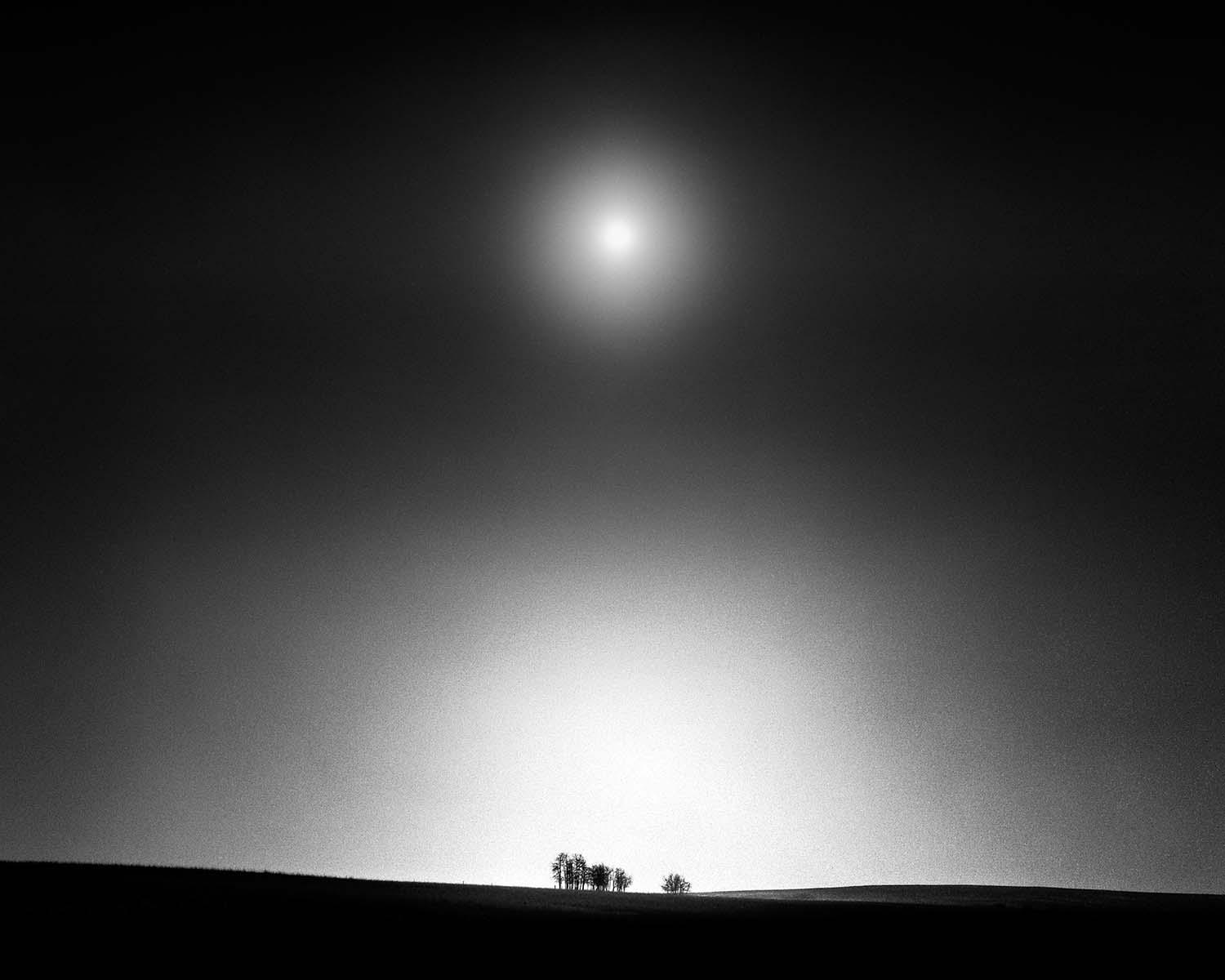
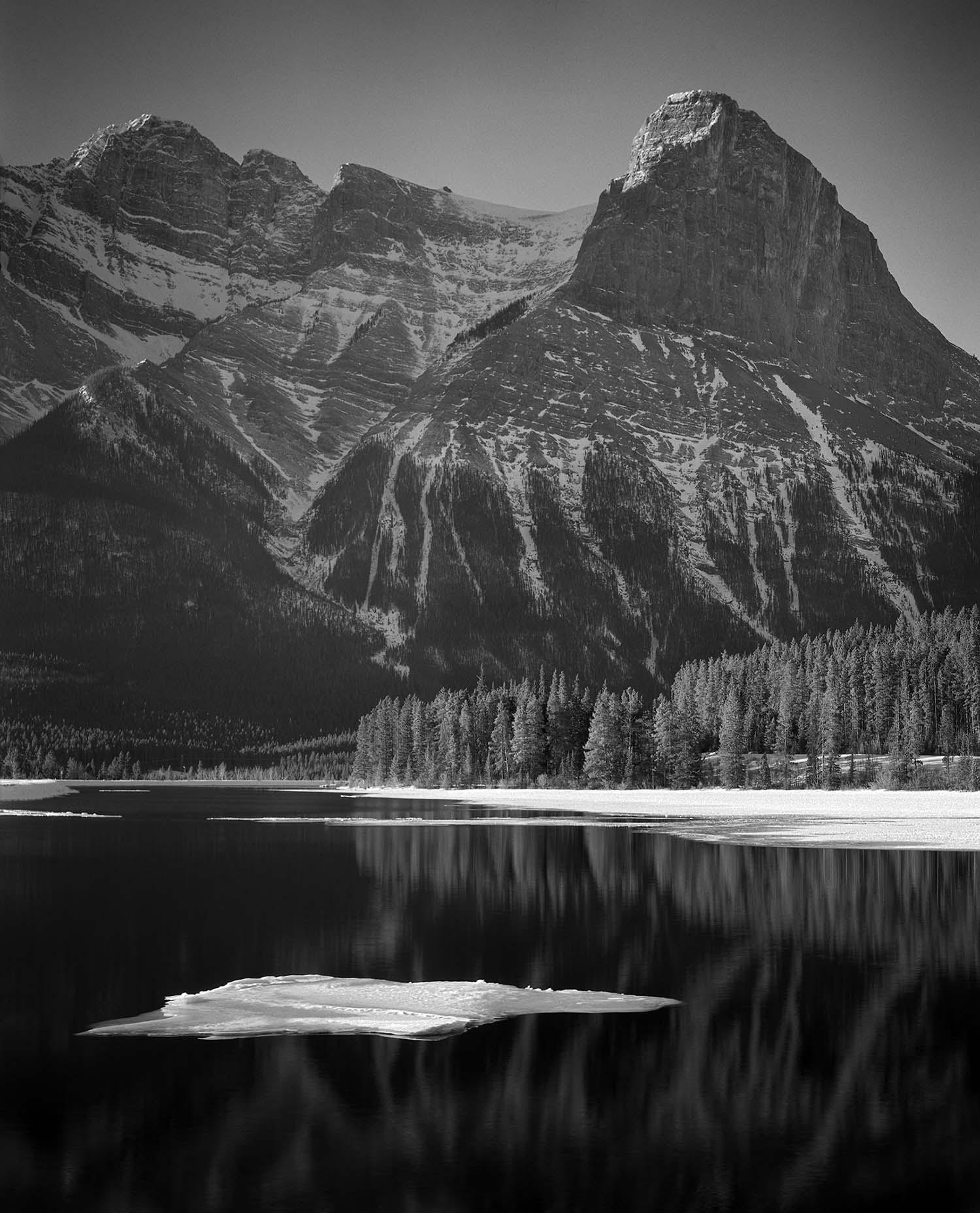
On your website you state: "I am always trying to simplify a scene to its core elements of light and lines." Can you talk more about this?
My photographer friend Royce Howland said it best. He once called me an “essentialist” because I often simplify scenes in the viewfinder or on the ground glass until only the essential elements remain. Once a scene becomes the simplest version of itself, a true visual story can be told with such clarity that a third-party viewer can grasp its meaning. At least that’s what I think.
Do you have a core photographic philosophy?
Yes. Respect everything. That means stay on the pathways when there is one. And tread lightly when there isn’t one. Stay behind barricades and property lines. There is no merit in risking your life to get ‘the shot’.
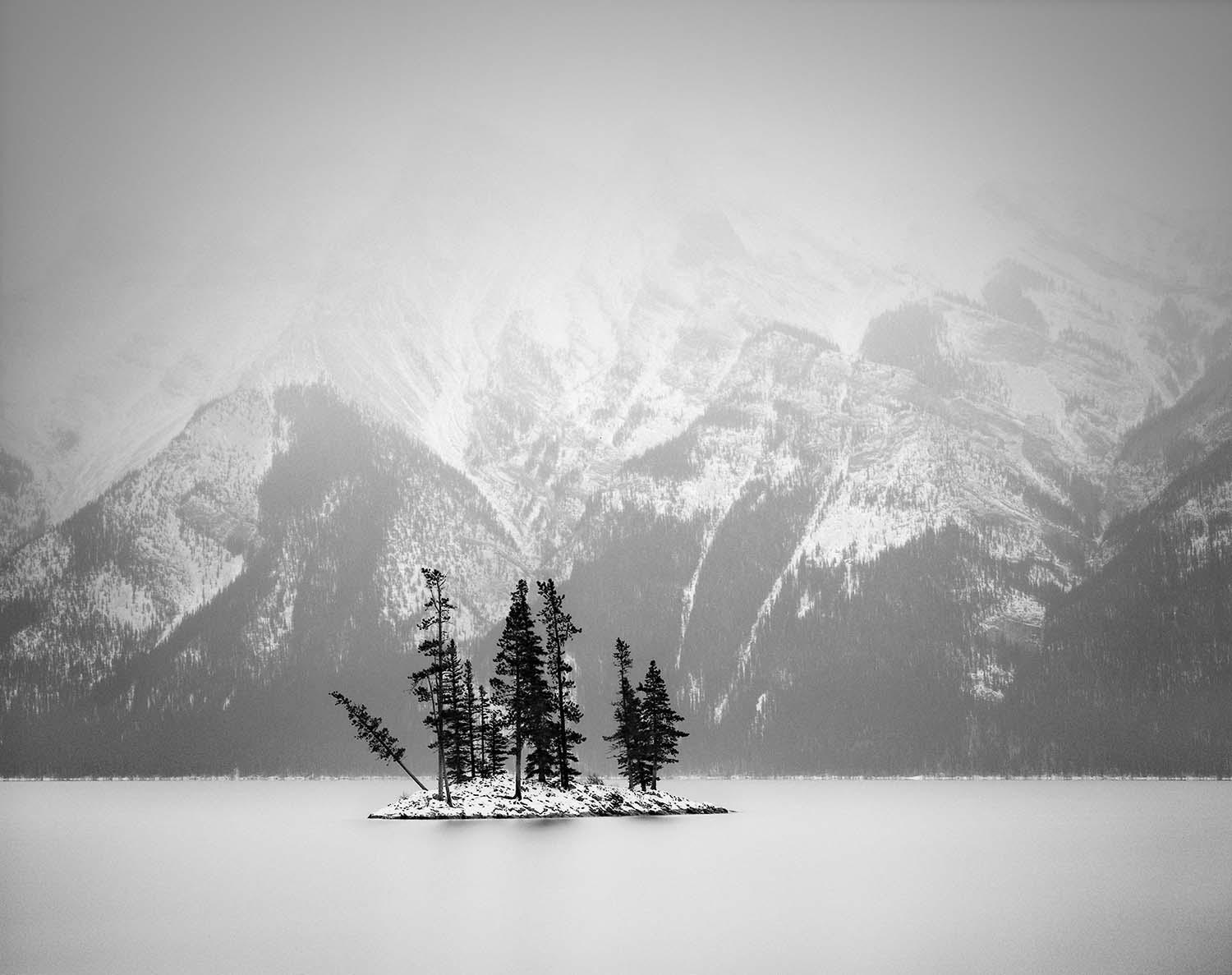
What are you currently work on? What's next for you?
To be honest I have taken a break from photography for a half year now. I was working on a series (Deep Cuts) that touched on the logging industry in Alberta. I have photographed many clear cuts and that has mentally taken its toll on me. Photography wasn’t fun anymore. I took a break from it, and changed my whole approach to life. I also got married to the most incredible woman in the world and I have enjoyed life to its fullest!
Yesterday I eased myself back into photography. And I had forgotten how much fun it can be.
I also just finished my first book ‘Seeking Stillness’. It is published by Rocky Mountain Books and will be released November 7th 2017. So that’s super exciting. Pre-orders of my book are currently available through Indigo and Amazon.
Not sure what is next for me. I do need to finish my series Deep Cuts as I eventually want to collect these photographs in a book as well.
olivierdutre.com
photoshelter.com

